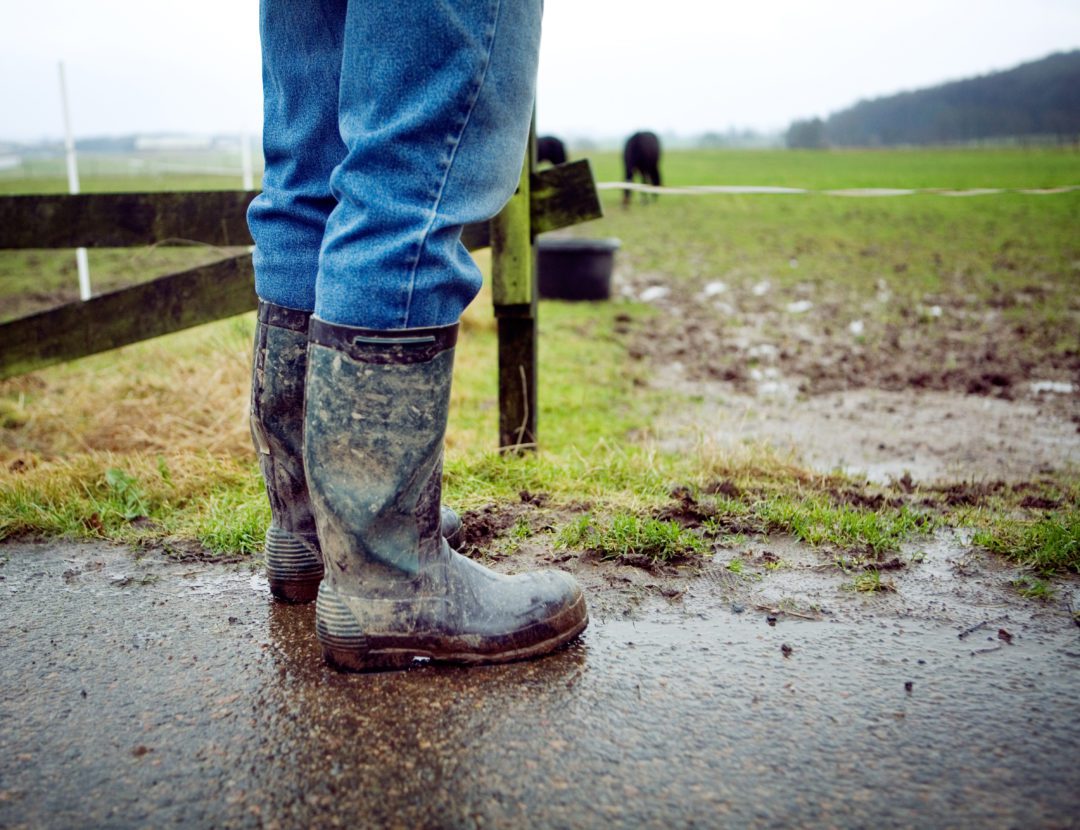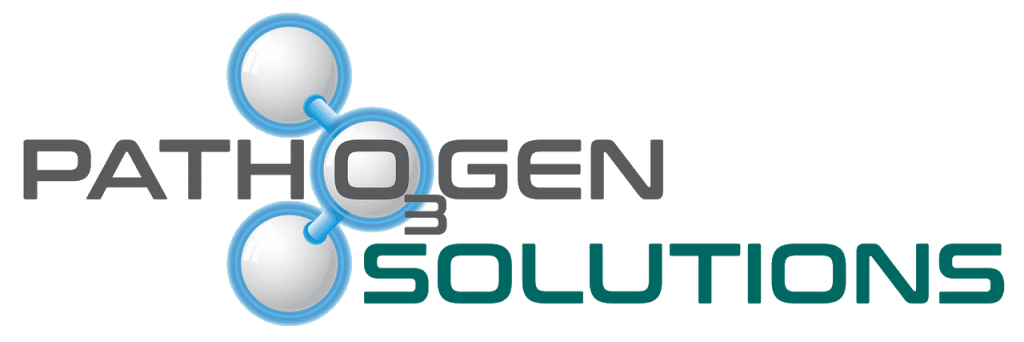
Did you know that 21% of adults started a new job in the past year? While some of those individuals might work in pristine office settings where suits and blouses are typical, that’s not true for everyone. And for those workers in settings prone to getting messy, it’s critical to be cautious about footwear hygiene.
Read on to learn about the dirty industries where a shoe sanitizer is a must!
Healthcare Facilities
When it comes to workplace cleanliness, the healthcare industry leads the pack. Its commitment to sanitation practices during the pandemic has helped keep patients healthy.
But even the cleanest clinic or assisted living facility can’t control everything. When someone coughs or sneezes, some of the resulting droplets will hit the ground and remain there for hours.
Employees, patients, and visitors will walk across those droplets, which can be loaded with germs. As more people do so, those germs spread, and some become airborne once again. This puts everyone at risk of getting sick as a result.
Using Ozone technology and UV light for shoes is a simple way to fix this problem. A shoe sanitizer system can destroy pathogens and prevent them from circulating. Employees can feel better knowing that nearly all pathogenic microorganisms will be gone from their shoes after using one.
Manufacturing Plants
Individuals working in pharmaceutical plants need to keep their workspace pristine. The same is true for those in cannabis or food and beverage settings. With one outbreak of listeria or another pathogen, the entire operation would need to halt production.
An outbreak can cause losses in revenue and trust. It also can make employees sick or even cause deaths among employees or customers.
Much like other large production facilities, it’s too easy for employees to transfer pathogens from one surface to another. Consequently, pathogens that were on the floor can infect products.
Fortunately, proper footwear hygiene can help combat pathogen problems. Using a shoe sanitizer system will ensure that employees in particular zones aren’t tracking pathogens into neighboring zones. Additionally, workers can avoid bringing outside germs into the facility.
Livestock Industry
As you can imagine, working in confinements and stockyards comes with its share of dirt. Animals living in confined quarters can spread pathogens to workers more easily. And workers feeding or slaughtering animals will encounter bacteria like salmonella.
Workers may step on manure, chicken feathers, or animal dander throughout the day. In addition, they’re often working in facilities with limited ventilation. When animal bedding or feathers get kicked up in the air, it’s hard to control where they’ll fall.
Using proper personal hygiene and designated work clothes can help. But footwear hygiene needs to be part of the routine, as well. Otherwise, workers may transfer microbial bacteria across their workplace — and bring it home.
In a matter of seconds, a shoe sanitizer system can eliminate nearly all pathogens. All the worker has to do is step onto the footprints in front of them. Best of all, no additional assistance is needed to help operate a shoe sanitizer system.
Meat Processing
Meat processing plants are a magnet for bacteria spread since so many workers are moving around. And unfortunately, not every plant that processes food does much to solve the problem.
Many plants do not equip employees with designated footwear or offer a shoe hygiene program. In other words, employees must fend for themselves.
In meatpacking plants, workers can encounter bacterial pathogens like listeria. After all, raw meat is present everywhere. And workers are moving quickly to meet production goals.
Food safety managers can help create safer processing procedures. But avoiding germs entirely is impossible.
That’s where a shoe sanitizer is essential before workers leave the workplace. Further, a sanitizer system can help alert workers to footwear hygiene issues. Conveniently, a system can do this before workers enter designated clean areas.
Pest Control
Many pest control operations have a centralized office. Technicians will start and end their days there. And customers may enter the building to schedule appointments or learn about services.
With so much foot traffic, a shoe sanitizer is essential to keeping a clean office. Without it, any bacteria from a servicing appointment will be tracked into the office.
For instance, a technician may need to take care of rat infestation in a residential home. Rats can leave behind harmful bacteria in their urine. Similarly, a technician investigating a bat infestation could step on bacteria-laden fecal matter.
Turning to a shoe sanitizer is a simple way to avoid bringing pest excrement and bacteria back to the office. All technicians will want to use a system, even if they’re trying to be cautious at their appointments.
Janitorial Services
Anyone working in the cleaning industry spends their days with germs. Worse yet, it’s far too easy to create cross contamination problems when wiping surface after surface.
Strong cleaning protocol can’t always stop the spread of germs. When janitors wear gloves, they actually enable germs to transfer from one surface to the next one. And as they walk across dirty floors, those germs can travel, as well.
No-touch cleaning systems can help. But janitors working in hospitals or other high-traffic settings face the same issues as healthcare workers. The sheer volume of people helps the germs spread, making a shoe sanitizer critical.
Be Mindful in Dirty Places
For individuals working in dirty places, a shoe sanitizer is essential. Workers tending to livestock or solving pest problems will encounter bacteria. And those in healthcare, food processing, or janitorial services need to disinfect shoes before entering sterile spaces.
When you’re ready to invest in a shoe sanitizer system that will keep your employees and customers safe, contact us so we can help!

